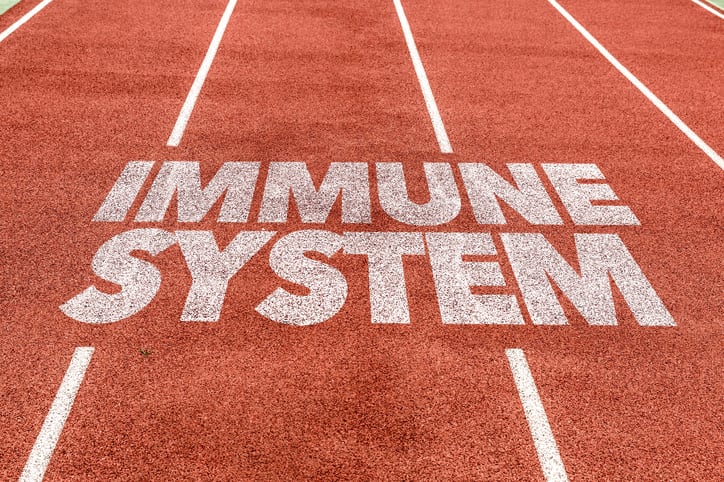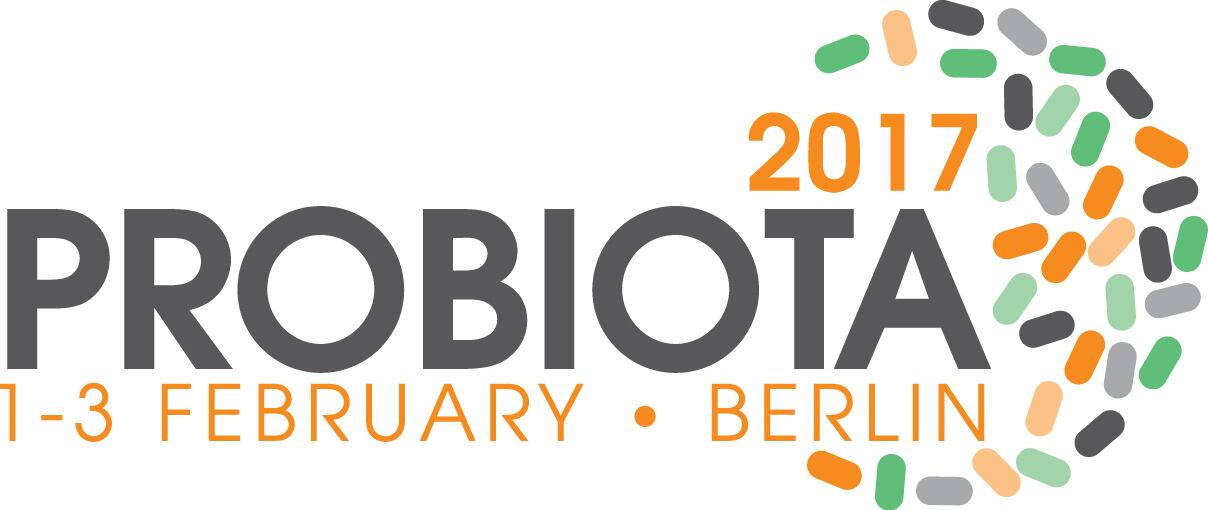The small-scale study looked at the impact of a daily dose of a multi-species probiotic on various markers of immune system function as well as symptoms of URTI and athlete performance compared to a placebo.
The probiotic contained 1 × 1010 colony forming units (CFU) of the species Bifidobacterium bifidum, Bifidobacterium lactis, Enterococcus faecium, Lactobacillus acidophilus, Lactobacillus brevis and Lactococcus lactis.
Comparing the 33 athletes, they found after 12 weeks of intense excersise the placebo group had 11% lower post-exercise levels of the amino acid tryptophan, which plays a role in the control of immune responses, compared to before the experiment began.
However for the probiotic group this was unchanged, according to the results published in the journal Nutrients.
The placebo athletes were also 2.2 times more likely to experience one or more URTI symptoms compared to those on probiotics.
However the probiotics did not benefit athletic performance.
Winning races, losing immunity
Training schedules, poor nutrition, lack of sleep, stress and consequently impacted immune systems are all factors meaning athletes are more susceptible to URTIs.

“Numerous studies have shown that prolonged intense physical exercise is associated with a transient depression of immune function in athletes. While moderate exercise beneficially influences the immune system, a heavy schedule of training and competition can lead to immune impairment associated with an increased risk of upper respiratory tract infections (URTIs) due to altered immune function,” said the researchers from the Medical University of Innsbruck in Austria.
“It has been suggested that exhaustive exercise creates a potential ‘open window’ of decreased host protection, during which viruses and bacteria can gain a foothold, increasing the risk of developing an infection.”
It’s been estimated that during major competitions lasting 2–3 weeks, about 7% of athletes typically experience at least one episode of illness and about half of these are respiratory related.
Next race
The researchers said that while the effects seen in their study appeared to be connected with changes in tryptophan metabolism, the findings were only preliminary and further investigation into the precise mechanisms was needed.
“In addition, more research is required to clarify issues of strains, dose–response, mechanisms and best practice models for probiotic implementation in various sports disciplines,” they said.
“It should be further investigated as to whether regular exercise per se affects human microbiota characteristics, for how long and how much exercise is needed.”
The results follow a single-strain study published this year that suggested Lallemand’s Lactobacillus helveticus may reduce the duration of URTIs in athletes.
The infection lasted an average of 4.7 days for the athletes given probiotics compared with 7.25 days in the placebo group.
Yet this too was a small-scale study with 39 participants, and its authors echoed calls for larger scale tests.
Source: Nutrients
8(11), 752; doi:10.3390/nu8110752
“Probiotic Supplements Beneficially Affect Tryptophan–Kynurenine Metabolism and Reduce the Incidence of Upper Respiratory Tract Infections in Trained Athletes: A Randomized, Double-Blinded, Placebo-Controlled Trial”
Authors: B. Strasser, D. Geiger, M. Schauer, J. M. Gostner, H. Gatterer, M. Burtscher and D. Fuchs

Prebiotics and probiotics and the microbiome will be discussed in-depth at Probiota 2017 in Berlin on February 1-3.
From microbiome advances to start-up game changers to market stats that matter and crucial formulation and regulatory knowledge, this is a congressional must-have. Will you be joining your peers in one of Europe’s great cities?
Click here for more.
